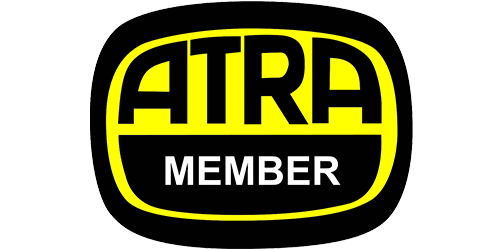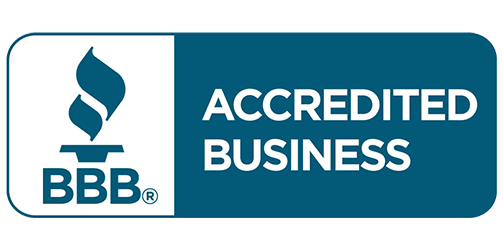People talk a lot about fuel economy these days. As you’re likely aware, fuel economy refers to the fuel efficiency relationship between distances traveled by an automobile and the amount of fuel consumed. Fuel economy is expressed in mile per gallon (Mpg) or kilometers per litre (km/l). The reciprocal ratio, “fuel consumption” is usually expressed in litres per 100 kilometers or litres per mile. Good fuel economy can save you a lot of money in the long run.
With summer in full swing and gas prices at an all-time high, here are some tips to decrease your fuel consumption on the road this season:
- Proper tire maintenance. By reducing friction, you reduce the work that your engine has to do to keep you in motion. Ensure that your tires are inflated properly, and check your owners’ manual for recommended pressure.
- Reduce extra weight. Any extra weight in your vehicle means that your engine must work harder, burning more fuel to keep you moving. Haul only what is necessary, and remove any items from your trunk.
- Slow down and take it easy! To increase fuel economy you should review your driving habits. If you speed, constantly accelerate, or are prone to sudden starts and stops, you are likely burning more fuel than necessary.
- Don’t idle. If you are going to be sitting for more than a minute anywhere, turn off your engine. In the winter, only warm your vehicle long enough to defrost the windows.
- Be smart about staying cool. While using your air vents is the most efficient way to move air into the vehicle, Air Conditioning increases fuel consumption significantly. You may also lower your window an inch or two to cool down the interior of the vehicle, although open windows cause drag, which also reduces your fuel economy.
- Stay Tuned. If you keep vehicle properly tuned, check and replace air filters regularly, and use the recommended grade of motor oil, you can save up 15% of fuel burned. Did you know that getting a wheel alignment, for example, can save both fuel and tire wear? Regular maintenance on your engine and tires will save you gas money and keep your vehicle operating longer.
- Keep Track. Monitor how well your vehicle uses fuel by keeping a log of how many kilometers you are able to drive per litre of fuel. Then, try to get more kilometers per litre. If you see the number of kilometers per liter going down, review these tips, and try to determine the cause.






